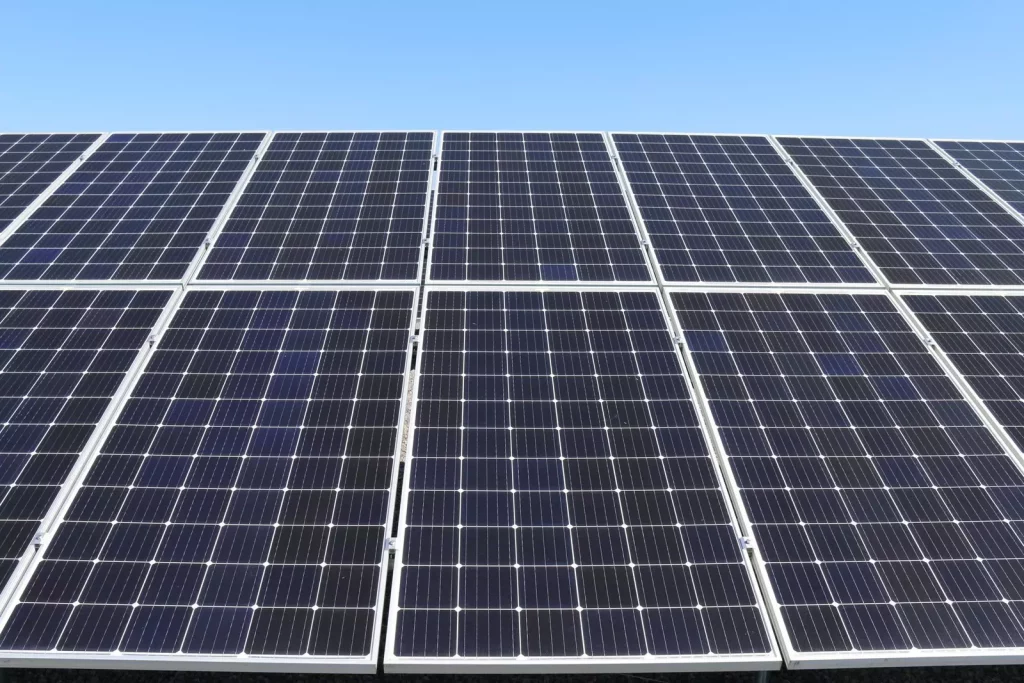The energy from the sun or solar power is one of the Green energy sources. Green energy, also known as renewable energy or clean energy, refers to energy that comes from natural sources that are replenished at a faster rate than they are consumed. Unlike fossil fuels, which are finite, green energy resources are sustainable and have a significantly lower environmental impact.
To determine whether investing in solar panels is worth it or not depends on several factors. These factors need to be studied thouroughly to ensure a good ROI :
- Location & Sunlight.
Solar panels are most effective in locations that receive a lot of sunlight throughout the year. If you're in a region with less sunlight, your return on investment (ROI) might be slower. - Initial Cost
The cost of purchasing and installing solar panels can vary widely. However, prices for solar panels have been steadily dropping over the years, making them more accessible to homeowners. - Incentives & Rebates
Many governments around the world offer incentives, rebates, and tax breaks to promote renewable energy adoption. Depending on your location, these incentives can significantly reduce the effective cost of your solar system. - Energy Prices
If you live in an area with high electricity prices, solar panels can save you a significant amount of money in the long run. On the other hand, if you're in a region with low energy costs, the payback period may be longer. - Energy Storage
If you are considering pairing your solar system with battery storage, this could affect the ROI, depending on battery costs, potential additional incentives, and how electricity prices fluctuate during the day. - Net Metering
Some utilities offer net metering, which allows homeowners to sell excess electricity generated by their solar panels back to the grid. This can accelerate the payback period. - Home Value Increase
Solar installations can increase the value of your property. Prospective homebuyers might be willing to pay a premium for homes with installed solar systems, as it can reduce their future energy costs. - Environmental Impact
Beyond the financial considerations, many people invest in solar panels to reduce their carbon footprint. If environmental concerns are a priority for you, then investing in solar can be worth it from a moral or ethical standpoint. - Maintenance & Longevity
Solar panels have a long lifespan (often 25 years or more) and require minimal maintenance. However, you should consider potential maintenance costs when calculating ROI. - Financing Options
Some companies offer financing or leasing options for solar panel installations. Depending on the terms, this could reduce your upfront costs, making the investment more accessible and potentially more attractive. - Future Energy Prices
While it's difficult to predict exact energy price trends, if electricity prices rise significantly in the coming years, your solar investment could pay off faster. - Utility Rate Structures
The way your utility prices electricity, such as time-of-use rates, can influence the economics of solar. If rates are higher during the day when your panels produce energy, you might save more.
To truly assess the worth of a solar power investment is situation specific. It will always be beneficial to conduct a detailed cost-benefit analysis which includes considering all the factors previously listed. Sourcing quotations from multiple solar providers, and using tools that can predict the potential savings and payback period of the investment.
